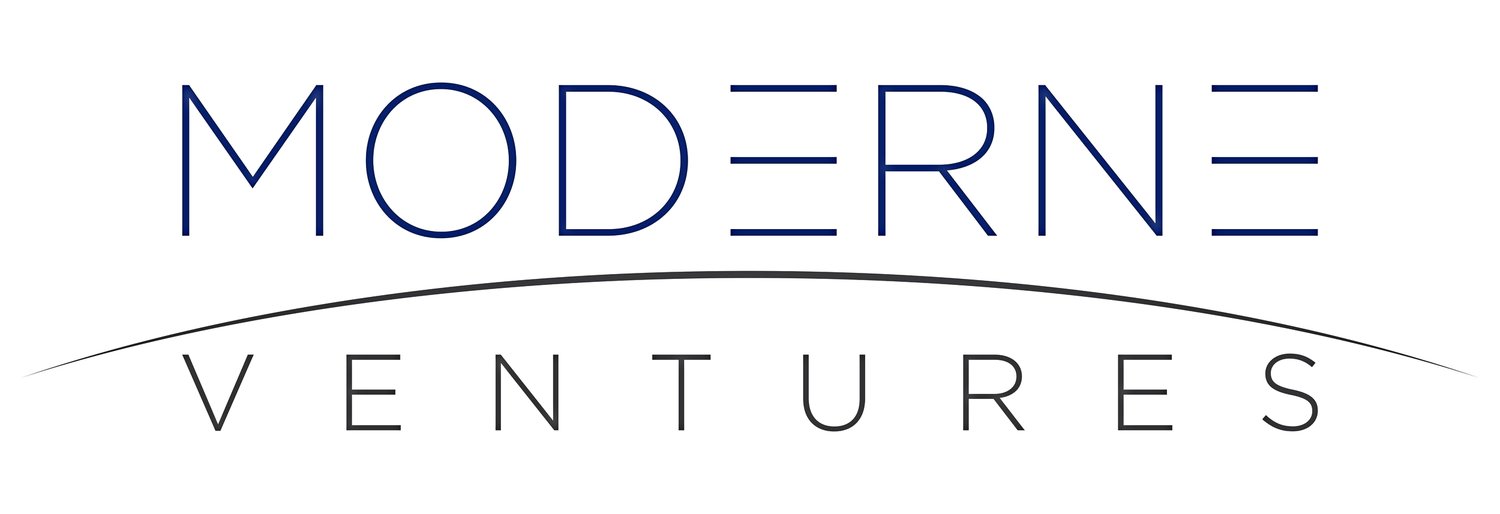Moderne Ventures, a VC and growth equity firm specializing in proptech, fintech, insurtech and sustainability, raised over $230 million for its Core Fund III.
Why it matters: VCs and LPs are back on the prowl for startup investments, after two slow years of dealmaking.
How it works: Chicago-based Moderne's third core fund will focus on Seed to Series B investments, with a typical first check between $4 million and $8 million.
The firm plans to make 15 to 20 investments from the new fund, eight to 10 of which will be core deals and the rest smaller, opportunistic seed bets.
"We are generalist investors with a vertical focus, where those verticals are real estate, finance, insurance and sustainability," managing partner Constance Freedman says.
"But every deal we do is more generalist of nature, meaning that it has a focus on those verticals but also serves the broader markets."
By the numbers: Moderne has made over 35 investments and backed over 150 Passport companies across its three funds to date.
Freedman's previous investments include companies like DocuSign, Porch, Homesnap and TaskEasy.
Between the lines: In addition to its venture investments, Moderne runs a six-month program called Moderne Passport to connect companies with a network of about 1,500 executives and corporates.
"It's a way to bring companies into the industry and connect them with our network, who are all potential customers... and help create value for the portfolio with that business development loop," Freedman says.
Flashback: Before founding Moderne, Freedman launched Second City Ventures in partnership with the National Association of Realtors as its sole LP.
She spun out Moderne in 2015 with a broader LP base and a $43 million Fund I, then closed a $200 million Fund II in 2021.
Zoom in: The firm's LPs include GCM Grosvenor, the Illinois Growth and Innovation Fund, AvalonBay, Essent, and LeadingRE.
What's next: In addition to the latest core fund, Moderne plans to raise a new growth fund to double down on existing investments and place bets on later-stage companies outside its portfolio.
"About half of it will go towards the highest growth companies in the existing portfolio... and then 50% of the growth fund capital will be net new deals," Freedman says.

